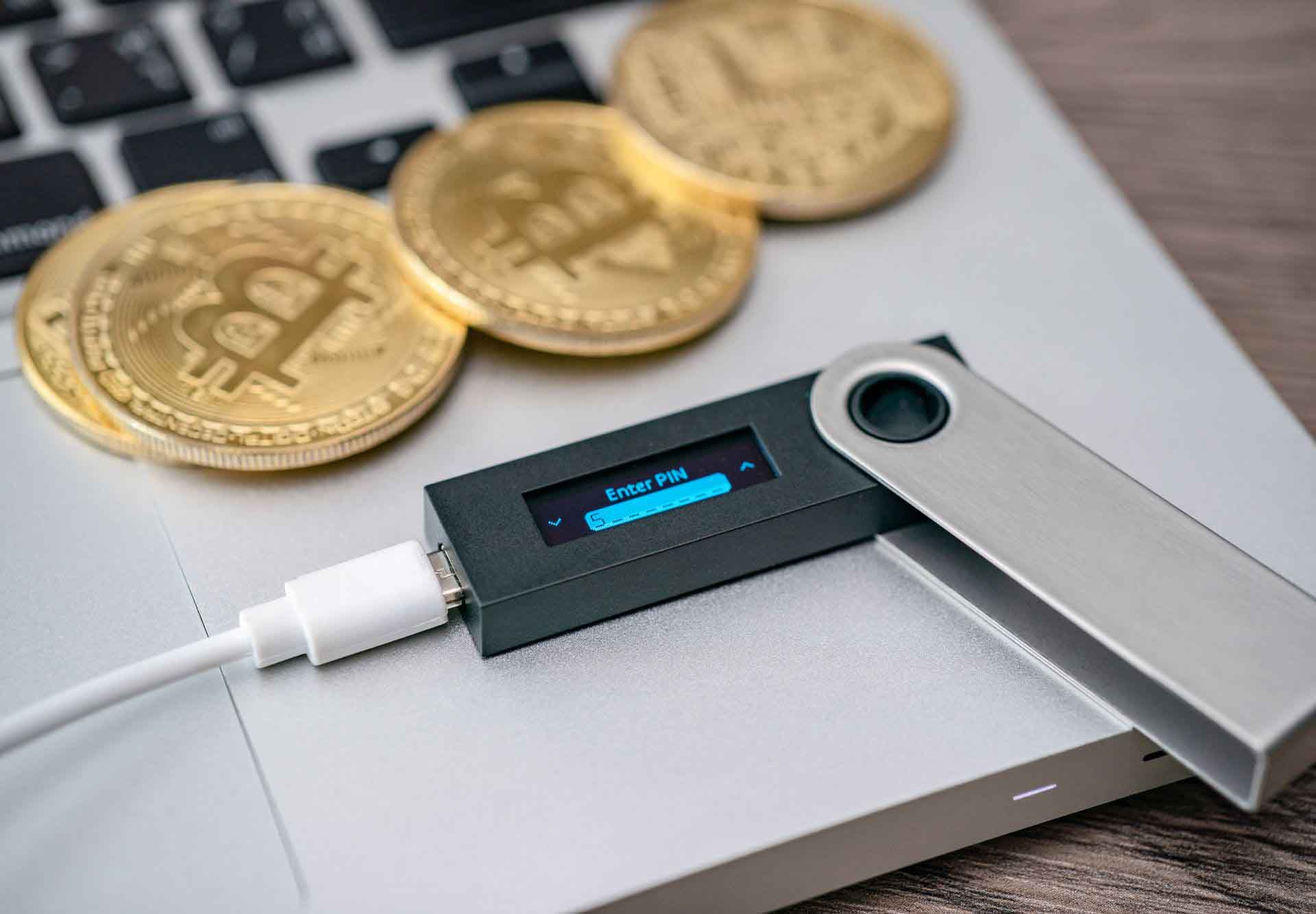Cryptocurrencies have gained significant popularity in recent years, and with this rise in adoption comes the crucial need to prioritize the security of our digital assets. While software wallets and exchanges offer convenient ways to store and manage cryptocurrencies, they can be vulnerable to cyber threats. In this blog post, we will discuss the importance of hardware wallets as a secure storage solution for cryptocurrencies and provide a reminder of why they should be a key consideration for crypto enthusiasts.
The Significance of Secure Storage:
Cryptocurrencies are decentralized and digital, so they require secure storage solutions to protect against hacking attempts, theft, and loss. Secure storage is crucial to safeguard private keys, which grant access to the funds associated with a crypto wallet. Failure to prioritize security can result in irreversible financial loss.
One of the key advantages of hardware wallets is their support for multiple cryptocurrencies. They are compatible with various digital assets, enabling users to store and manage different cryptocurrencies within a single device. This convenience eliminates the need for multiple wallets and simplifies portfolio management.
In addition to secure storage, hardware wallets often provide backup and recovery options. Users are usually provided with a recovery seed—a sequence of words—that can be used to restore access to their funds in case the hardware wallet is lost, stolen, or damaged.
It is important to note that while hardware wallets offer enhanced security, they are not completely immune to risks. Users should still practice good security measures, such as setting strong passwords, updating firmware regularly, and ensuring physical security of the hardware wallet itself.
Understanding Hardware Wallets:
Hardware wallets are physical devices designed to securely store private keys and manage cryptocurrencies. They provide an extra layer of security by keeping the private keys offline, away from potential online threats. These wallets are small, portable devices that resemble USB drives or small calculators. They are equipped with secure elements and encryption to protect the private keys and ensure the integrity of transactions.
When setting up a hardware wallet, a user generates a unique set of private keys, which remain stored securely within the device. The private keys never leave the hardware wallet and are never exposed to the internet or connected devices. This isolation from online environments significantly reduces the risk of hacking, malware attacks, and unauthorized access.
Hardware wallets typically have a built-in display and buttons, allowing users to verify and authorize transactions directly on the device. This ensures that the transaction details remain secure within the hardware wallet even if the connected computer or device is compromised.
Benefits of Hardware Wallets:
1. Enhanced Security: Hardware wallets provide superior security compared to software wallets as they store private keys in an isolated, offline environment. This protects against keyloggers, phishing attacks, and malware that can compromise software-based wallets.
2. Cold Storage: Hardware wallets employ a “cold storage” approach, keeping private keys offline and minimizing exposure to potential online vulnerabilities.
3. Multi-Currency Support: Many hardware wallets support multiple cryptocurrencies, allowing users to securely store various digital assets in a single device.
4. User-Friendly Interface: Hardware wallets are designed with user convenience in mind, offering intuitive interfaces and straightforward processes for managing crypto assets.
How Hardware Wallets Work:
1. Generating and Storing Private Keys: Hardware wallets generate and securely store private keys within the device itself, ensuring they never leave the device in an unencrypted form.
2. Secure Transaction Signing: When making a transaction, the hardware wallet securely signs the transaction using the private key within the device, providing an additional layer of protection against unauthorized access.
3. Backup and Recovery: Hardware wallets typically offer backup and recovery options, allowing users to restore access to their funds in case the device is lost or damaged.
Choosing the Right Hardware Wallet:
When selecting a hardware wallet, consider factors such as:
1. Reputation and Trustworthiness: Opt for well-established and reputable hardware wallet manufacturers with a proven track record of security.
2. Supported Cryptocurrencies: Ensure that the hardware wallet supports the cryptocurrencies you intend to store.
3. User Experience and Interface: Choose a hardware wallet with a user-friendly interface and features that align with your needs.
4. Security Features: Look for hardware wallets with strong encryption, secure elements, and robust security protocols.
Additional Security Measures:
While hardware wallets provide robust security, it is essential to complement their usage with additional security measures, including:
1. Strong Passwords: Set strong, unique passwords for your hardware wallet and other related accounts.
2. Firmware Updates: Regularly update the firmware of your hardware wallet to benefit from the latest security patches and enhancements.
3. Physical Security: Put your hardware wallet somewhere safe, like a safe or a locked closet, to keep it safe.
Conclusion:
As the value and adoption of cryptocurrencies continue to grow, it is paramount to prioritize the security of our digital assets. Hardware wallets offer a reliable and secure solution to protect private keys and mitigate the risks associated with online threats. By investing in a hardware wallet and following best security practices, crypto enthusiasts can gain peace of mind and confidently navigate the dynamic world of cryptocurrencies. Remember, the safety of your crypto investments starts with secure storage, and hardware wallets serve as a potent reminder of the importance of prioritizing crypto security.

